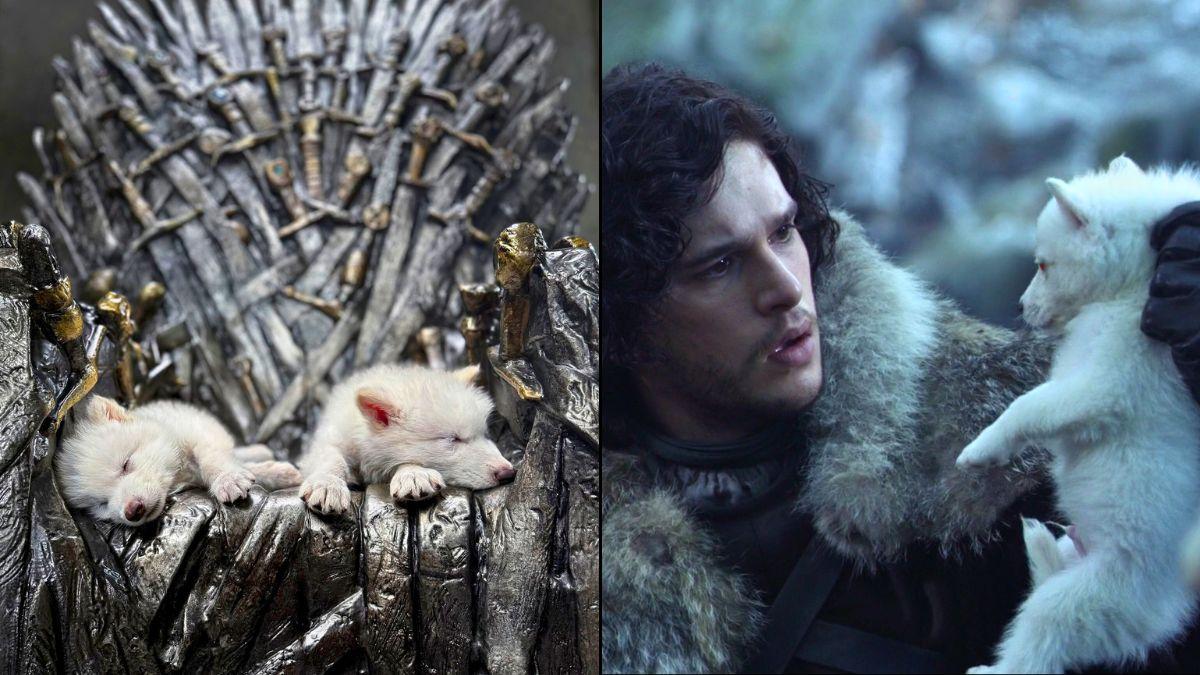
Colossal Biosciences revives the dire wolf from extinction with help from George R.R. Martin and Peter Jackson
The Hindu
Colossal Biosciences brings back the dire wolf through genetic engineering, with Game of Thrones ties and conservation goals.
The dire wolf, the legendary beast that once prowled North America and found new life in Game of Thrones, is no longer just a myth. Thanks to Colossal Biosciences, a biotech startup known for its ambitious de-extinction efforts, the dire wolf has officially returned as a genetically engineered version that walks, howls, and looks the part.
The Dallas-based company announced that it has successfully created three live dire wolf pups through gene-editing technology, using CRISPR to modify the DNA of modern gray wolves. The resulting animals closely resemble the massive predators that went extinct nearly 10,000 years ago. The pups — two males named Romulus and Remus, and a female named Khaleesi — are currently living in a private, 2,000-acre preserve certified by the American Humane Society.
“Our team took DNA from a 13,000-year-old tooth and a 72,000-year-old skull and made healthy dire wolf puppies,” said Colossal co-founder and CEO Ben Lamm. “Today, our team gets to unveil some of the magic they are working on and its broader impact on conservation.”
Game of Thrones creator George R.R. Martin, who has long immortalised the dire wolf in pop culture through House Stark’s sigil and storyline, joined Colossal as a cultural adviser and investor. He even visited the new dire wolves in person, calling them “a part of American ecological history.”
Filmmaker Peter Jackson also played a role in the dramatic reveal. An investor in Colossal, Jackson loaned the original Iron Throne prop — the 330-pound version from Game of Thrones — for a photo shoot. Romulus and Remus were flown to Dallas to be photographed lounging atop the throne.
With the dire wolf’s return, Colossal aims to reintroduce the apex predator into secure ecosystems across North America — starting with Indigenous lands. Colossal says the milestone effort is a proof-of-concept for its de-extinction platform. Alongside the dire wolves, the company has cloned litters of critically endangered red wolves and plans to revive species like the woolly mammoth and dodo bird.

Four persons were killed and three others sustained injuries in a fire that broke out in a five-storey building housing several manufacturing units in Rohini Sector 5, the police said on Wednesday. Sixteen fire tenders were rushed to the spot after the Delhi Fire Services (DFS) received a call about the blaze at 7.30 p.m. on Tuesday. However, due to the combustible material stored in the building, including plastic and clothes, and the narrow lanes leading up to it, which prevented fire engines that ran out of water from giving way to other rescue vehicles, it took the DFS over 12 hours to douse the flames.





















 Run 3 Space | Play Space Running Game
Run 3 Space | Play Space Running Game Traffic Jam 3D | Online Racing Game
Traffic Jam 3D | Online Racing Game Duck Hunt | Play Old Classic Game
Duck Hunt | Play Old Classic Game










